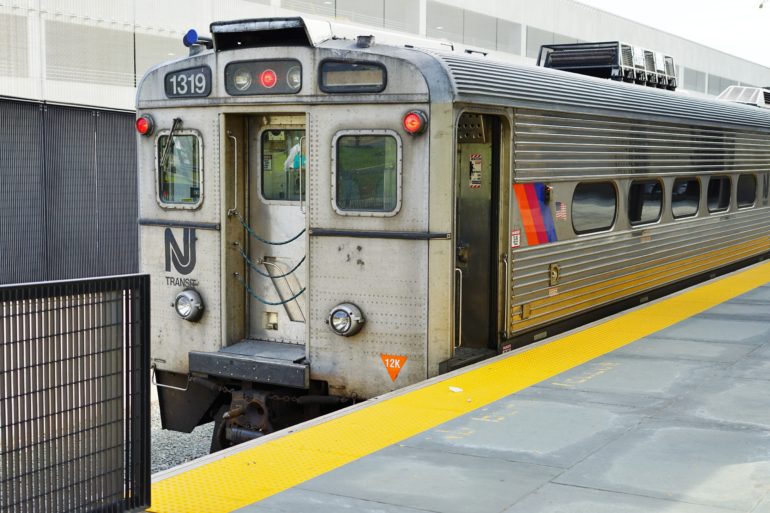By Joshua Burd
Gov. Phil Murphy has signed into law a bill that requires NJ Transit to establish an office of transit-oriented development and conduct an annual inventory of its real estate holdings, potentially paving the way for new opportunities across the state.
Under the legislation, which Murphy signed on Thursday, the new office will assess its portfolio and craft annual recommendations for development opportunities on parcels in which NJ Transit holds a property interest. It was unclear Thursday as to how many parcels would meet that criteria, but the new office will compile an annual list as a step toward generating new non-fare revenue sources.
“NJ Transit is the second-largest landholder in the state, and there has never been a listing of all their properties,” said Assemblywoman Yvonne Lopez, a Middlesex County Democrat who co-sponsored the bill. “This will help us moving forward in determining how to allocate funding to ensure that there are no wasted dollars.”
Commercial real estate and mixed-use development advocates hailed the enactment of the bill.
“The timing on this new law couldn’t have been better,” said Michael McGuinness, CEO of NAIOP New Jersey. “NJ Transit is sitting on some of the most valuable real estate in the state. This bill would help identify, convert and monetize underutilized assets to the highest and best uses.
“In turn it would catalyze the transformation of rail-served communities to places that would attract a young and talented workforce that will lead to further business investment and economic development in those towns,” he added. “It would also generate critically needed non-fare revenue and enable NJT to keep its fares down and invest in sorely needed infrastructure and improvements for the benefit and safety of its users.”
The measure calls for NJ Transit to issue a report to the governor and Legislature by Oct. 1 of each year. That report would include an inventory of each parcel in which the agency holds an interest, the appraised value of properties that have been appraised within the prior three years and the agency’s reason for owning the property.
NJ Transit would also be required to detail any revenue it receives from the properties and information about any properties that it has sold during the prior year. The new office would report to the agency’s executive director.
New Jersey Future, an organization focused on what’s known as smart growth, celebrated the prospect of the new office.
“New Jersey Future is excited to see Governor Murphy embracing smart, compact growth around transit centers through the signing of this bill and the priorities laid out in his economic development strategic plan,” said Peter Kasabach, the organization’s executive director. “New Jersey is seeing substantial demand for walkable downtowns, particularly those situated near and around transit, and the creation of an office of transit-oriented development within NJ Transit will be a great resource to help meet that demand.”
Assembly members Daniel Benson and Patricia Egan Jones were among the other co-sponsors, along with senators Linda Greenstein and Robert Gordon.
“The establishment of this office will provide needed structure to NJ Transit’s inventory of property assets,” Greenstein said. “The information and recommendations NJ Transit will receive from the office’s analysis will prove valuable and assist them in efforts to strategically generate additional non-fare revenue sources moving forward.”










